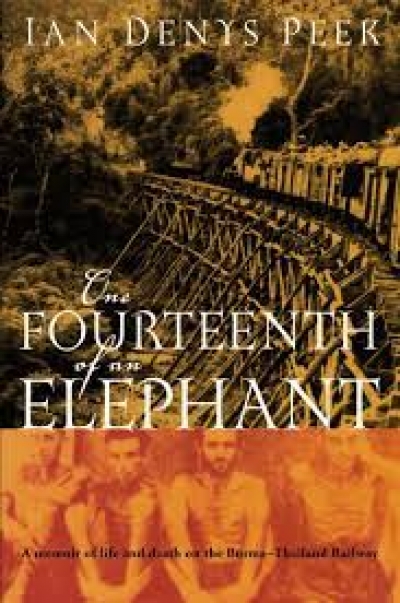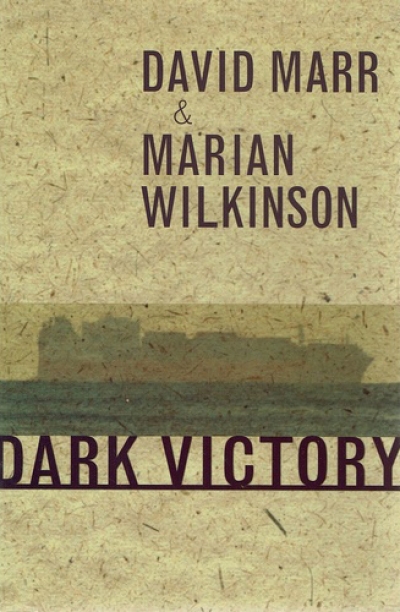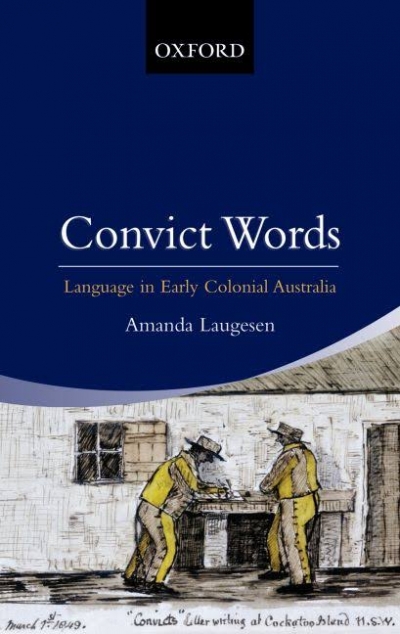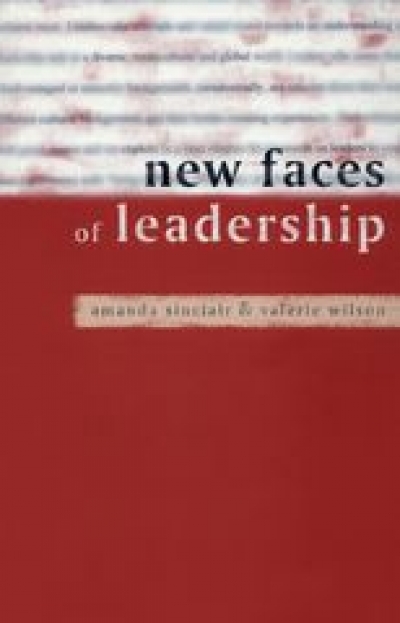Archive
Australia’s Boer War: The war in South Africa 1899–1902 by Craig Wilcox
by Peter Ryan •
One Fourteenth of an Elephant by Ian Denys Peek & If This Should Be Farewell edited by Adrian Wood
by Peter Pierce •
Dark Victory by David Marr and Marian Wilkinson & Don’t Tell the Prime Minister by Patrick Weller
by Morag Fraser •
Today in Castlereagh Street I
Felt short of breath, and here is why.
Antony and Cleopatra swam at Mersa Matruh
In the clear blue shallows.
Imagine the clean sand, the absence of litter —
Convict Words: Language in early colonial Australia by Amanda Laugesen
by Gary Simes •
Wings of the Kite-Hawk: A journey into the heart of Australia by Nicolas Rothwell
by Michael McGirr •
New Faces of Leadership by Amanda Sinclair and Valerie Wilson & Executive Material by Richard Walsh
by Craig Sherborne •








